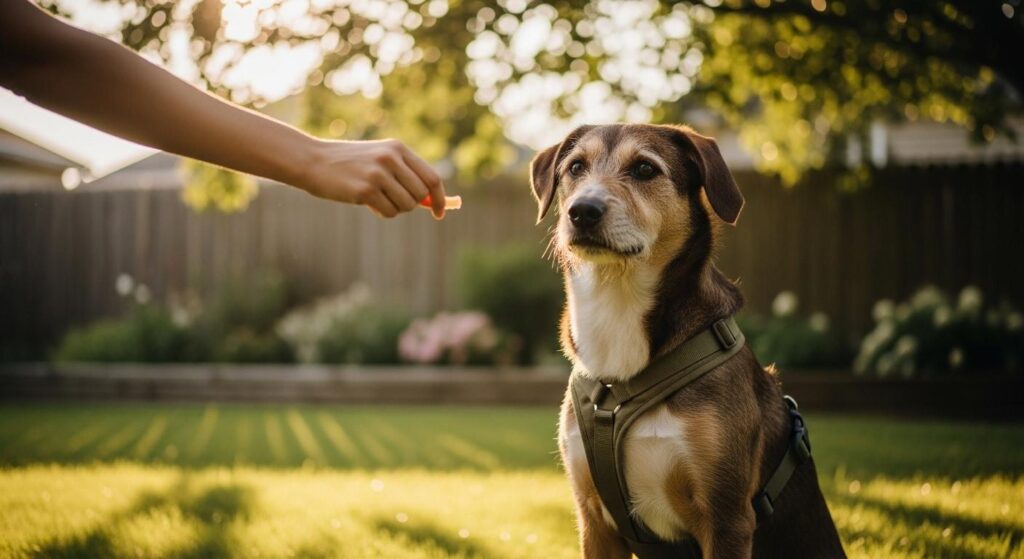Contents
- 1 Understanding the Background of a Rescue Dog
- 2 Creating a Safe and Comfortable Environment
- 3 Building Trust with Your Rescue Dog
- 4 Introducing Your Dog to New People
- 5 Socializing with Other Dogs
- 6 Gradually Expanding Their Experiences
- 7 Monitoring Progress and Addressing Setbacks
- 8 Celebrating Small Wins and Achievements
Understanding the Background of a Rescue Dog
Rescue dogs often come with tales as intricate and compelling as a mystery novel. Some may have faced neglect or trauma, while others simply lost their homes due to unforeseen circumstances. Each past experience shapes their current social behavior, creating a unique personality wrapped in fur.
It’s crucial to approach these dogs with patience and empathy. If you’ve ever met someone who’s been through a rough patch, you know it can take time for them to open up. The same goes for our four-legged friends. While there’s a common misconception that rescue dogs are temperamental, they often simply need understanding and a gentle hand to guide them.
Creating a Safe and Comfortable Environment
Think of your new home like a cozy blanket—warm, welcoming, and secure. Your rescue dog’s environment should have the essentials: a comfy bed, water, toys, and regular meals. Consistency is the stage manager here, ensuring every act flows smoothly and the dog can predict what comes next.
A designated “safe space” can be a sanctuary for your dog. A quiet corner with a bed can work wonders for their anxiety. Initially, engage them in low-key activities—like a gentle walk or a leisurely game of fetch in the backyard—to help them get comfortable with new surroundings.
Building Trust with Your Rescue Dog
Trust isn’t built in a day, much like Rome—and your rescue dog is no exception. You’ll often find that time, affection, and positive reinforcement work wonders. Your tone of voice and body language speak volumes, even if you aren’t aware of it. Are you welcoming and calm, or tense and hurried?
Respect their comfort zones. If your dog seems hesitant, give them space. Slowly, step by step, confidence and understanding between you will blossom, like a friendship nurtured over countless cups of coffee.
Introducing Your Dog to New People
So, you want to introduce your rescue dog to your favorite human tribe. Add a touch of strategy to these meet-and-greets. Treats and positive reinforcement during interactions create positive associations. However, always keep an eye on their body language—are they relaxed or showing signs of stress?
Controlled environments work wonders for introductions. Keep the number of new people small and the setting familiar. Before you know it, your dog will be the social butterfly you knew they could be.
Socializing with Other Dogs
For rescue dogs, social skills with other dogs can be both thrilling and challenging. Imagine going to a party where everyone speaks a language you don’t quite understand yet. The key is to start neutral and calm. A dog park might be too overwhelming at first, so try quieter locations.
Supervise these canine interactions carefully. If conflicts arise, it’s okay! Sometimes you need a professional trainer or behaviorist to lend a hand. With their help, your dog’s social calendar might soon be brimming with playdates.
Gradually Expanding Their Experiences
Picture this: Your rescue dog, once timid and wary, now eagerly exploring new situations. Begin with low-stress environments and gradually increase the complexity. Maybe a quiet park walk turns into a visit to a bustling farmers’ market.
Observe and respect your dog’s comfort levels. Are they ready for a new experience, or do they need a bit more time? Positive social activities, like calm walks or structured playdates, can gently broaden their horizons.
Monitoring Progress and Addressing Setbacks
Keep track of your dog’s social progress over time. Behavioral changes might be subtle, like a delicate watercolor painting slowly taking form. Common setbacks include stress signals or anxiety, but don’t worry; adjustments can lead to success.
If hurdles seem insurmountable, professional help is always a good idea. They bring an expert eye that can turn stumbling blocks into stepping stones.
Celebrating Small Wins and Achievements
Every small victory deserves a round of applause. Recognizing progress keeps motivation high for both you and your dog. Organize activities that your dog loves, reinforcing positive behavior and further building their confidence.
Embrace continuous learning as your dog evolves. Like any good relationship, adapting to new situations and needs ensures a bond that can weather any storm.
Remember, socializing a rescue dog is a journey, not a destination. With each new step, both you and your furry friend grow, forming a partnership built on trust, respect, and love. Here’s to the adventures that lie ahead, and the wagging tails that accompany them.
“`

